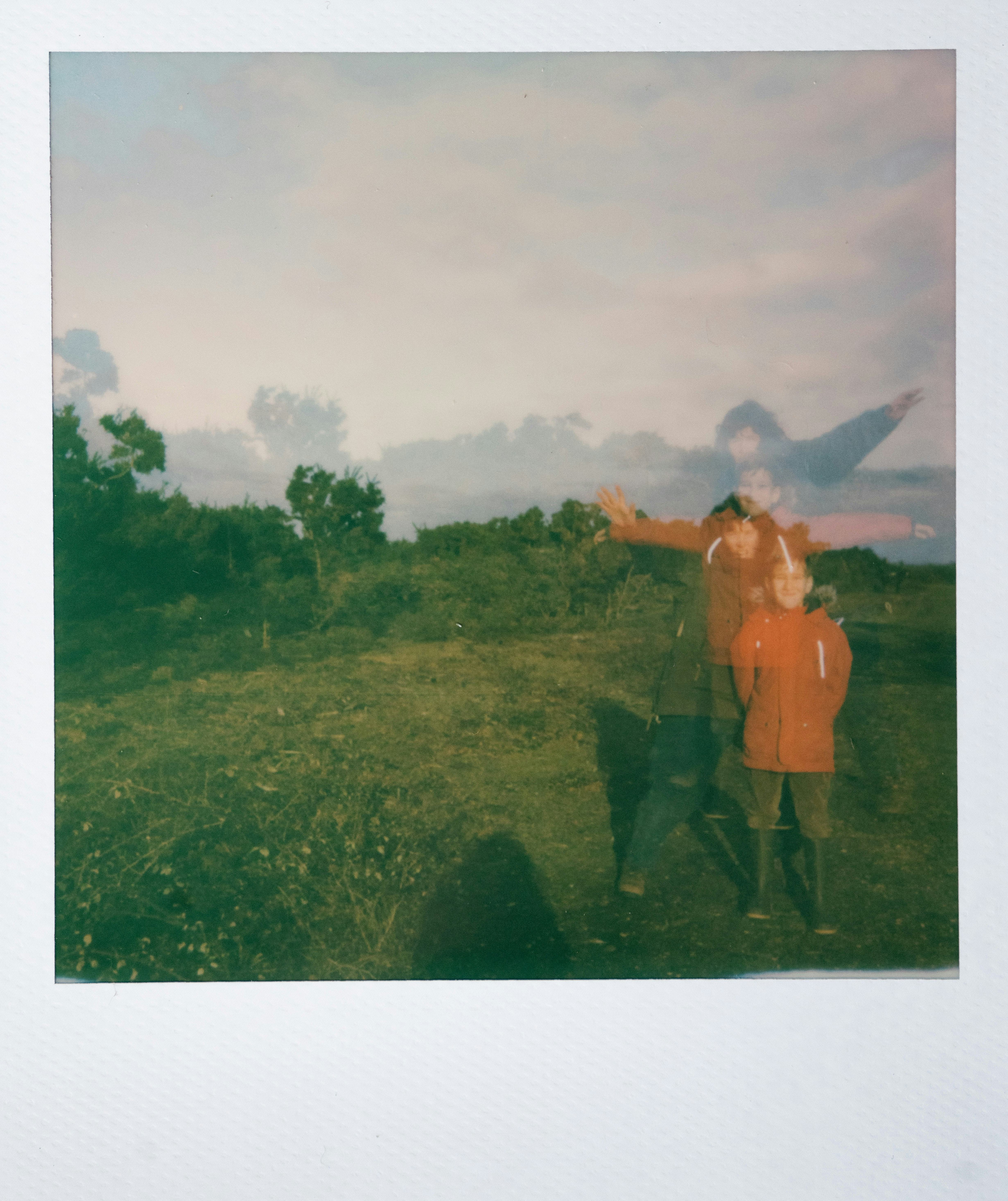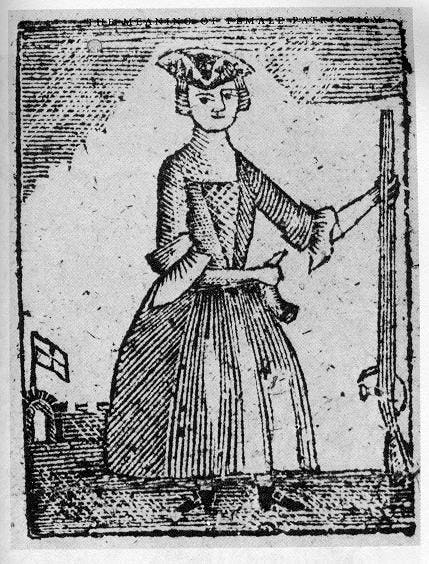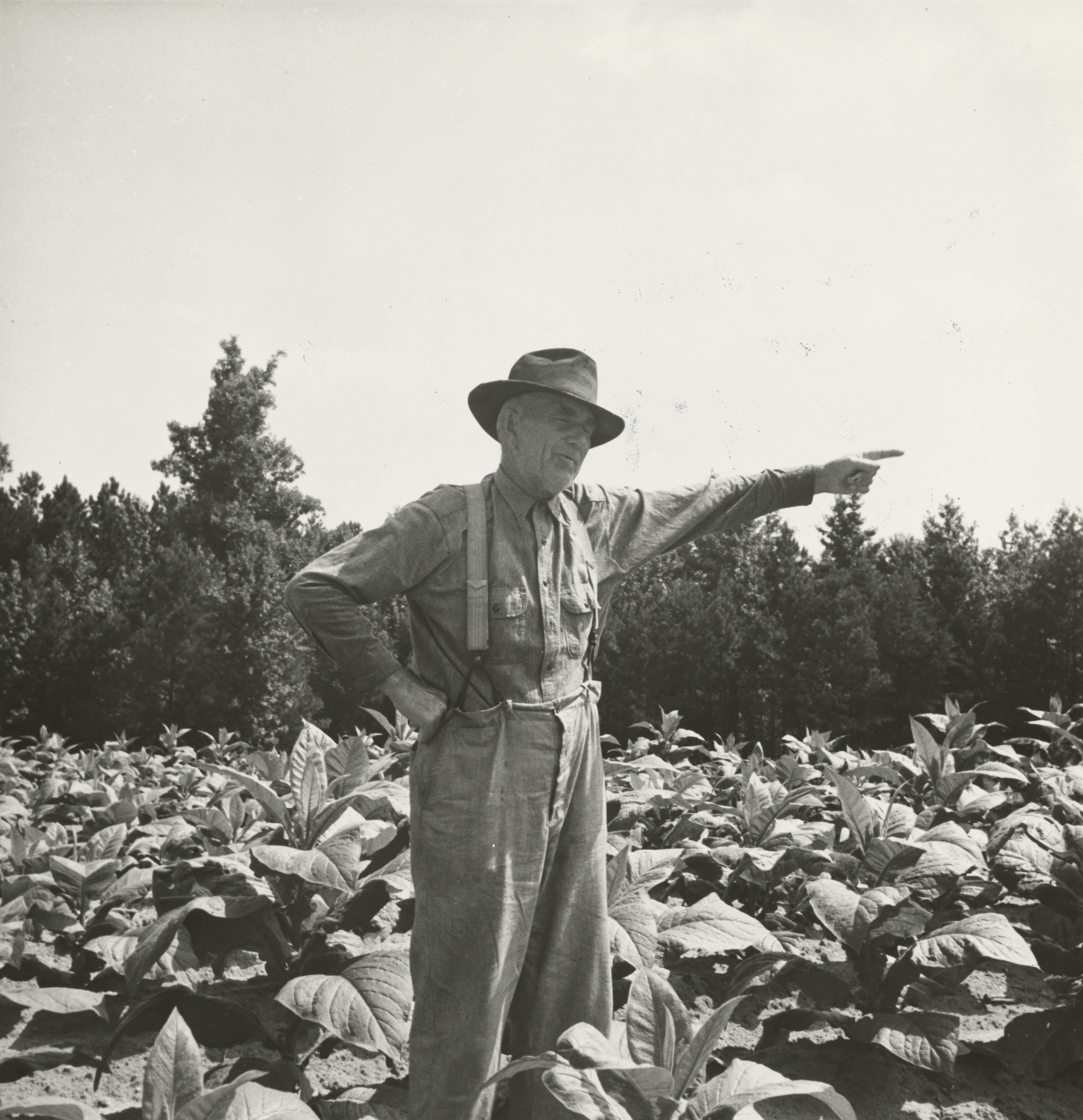A reflection in ten steps
One
My paternal great-grandfather was the first truck driver for Krispy Kreme doughnuts. So claims my younger brother, who heard this information from our grandfather before he died. When asked to confirm the truth of this story, our father replied, “Why does being ‘the first’ matter so much to both of you?”
Two
My three young children race to the table for supper. One of them yells, “First place!” Sometimes there are tears from the other two. Sometimes they come to blows and biting over being first.
Three
My younger brother’s first name is after our father’s father. Granddad was both the firstborn and the first in his family to graduate high school. At the ceremony, other students were recognized for additional honors. Afterward, my great-grandmother asked my grandfather, “Couldn’t you have gotten even one award?”
Four
Beginning in 1850, “first” referred to the highest-ranked student in an academic institution.
“First name” is attested from the mid-thirteenth century.
But the word “first” is derived from the adjective “fore” as in “before,” meaning “in the presence of” or “in front of.” The etymological root of first, then, is relational, defining a position relative to another.
But not necessarily a competitive position.
Five
My first name is from the New Testament. Andrew was one of the original disciples of Jesus.
A few years ago, Dad discovered another Andrew in our genealogy. In the early nineteenth century, Andrew was the first child born in America. This side of the family was German, the family tree heavy with names like Friedrich, Reinhold, and Johannes. Where did the Scot-Irish name Andrew come from?
What if he was named after a man they met on the ship when traveling across the Atlantic?
What if that Andrew had originally fled to Germany to escape debtors’ prison, then snuck aboard a ship crossing the Atlantic to put more distance between his creditors?
What if he’d learned enough German to regale my ancestors with tales of Cu Chulainn, the Gaelic hero who slayed of hundreds of men and built a fortress wall out of their corpses?
Six
All stories are true. Some of them actually happened.
Seven
We are given a name. We choose the stories that give shape and substance to our lives.
When growing up, my brother and I raced everywhere we went and sometimes there were tears, curses, and fists. Two different times, he broke his arm; first, by jumping off the top bunk, then, biking down a steep hill. I won both those races and victory felt like a terrible stomachache. My children nod, solemnly, as I continue this story:
In order for your uncle to swim in the pool with a broken arm, your Nana first tied an empty plastic bread bag over his cast. He dogpaddled around the water with his good arm, holding the cast in the air. There’s no way he would have won a race. But we invented new games. We imagined were famous explorers, lost at sea, trying to discover the treasure on the deserted island across the water on the far side of the pool.
Eight
After he discovered the first Andrew is our family history, my father wondered if that Andrew was remembered by our German ancestors because he was kind and helpful during the arduous trip across the Atlantic. Maybe he did something to demonstrate that, though they hailed from different, far-away countries, they were all in this new experience together. The prayer was to arrive at the same place at the same time.
Nine
My paternal grandfather was the first in his family to go to college. He graduated from Moravian College in Bethlehem, Pennsylvania and then Moravian Seminary, where he earned a master’s degree and became a Moravian pastor. He married and had three sons with his wife. The firstborn, my father, likewise went to Moravian College and seminary, and then became a pastor. Like my father, I am the oldest sibling and I have become a pastor — but I am the only ordained Presbyterian in the family! I am the first!
Being first still matters to me, but I am also trying to have perspective on ranking myself in comparison to others. After all, my grandfather, father, and I have all preached that “the first shall be last and the last shall be first” (Matthew 20:15). I interpret this as an invitation to slow down and appreciate the journey. Rather than rushing toward the trophy at the end, there are rewards in the present — grace we often discover together.
Ten
My three children’s favorite game is called Floor Is Lava. They strategically put books and pillows across the living room and up the stairs, hopping from each of these stepping stones without touching the floor. The firstborn has the longest legs and the advantage. Yet, I watch him help his siblings by arranging the steps within their reach. And I hear their chorus of shouts from upstairs: “We made it! We made it together!”
Andrew Taylor-Troutman is the author of four books, most recently, Gently Between the Words: Essays and Poems. He writes for The Porch, Sojourners, The Presbyterian Outlook, and a weekly editorial in the Chatham News + Record. He is a Presbyterian pastor and lives in Chapel Hill, North Carolina with his wife and three young children.
Discover more from Andrew Taylor-Troutman.









